I remember Walter Cronkite’s graveling voice as vividly as playing with Barbies, as my father shoved the nightly news down my throat like mashed potatoes. The broadcast was black and white, Walter in his horned rimmed glasses signing off each night with his trademark, “And that’s the way it is.”
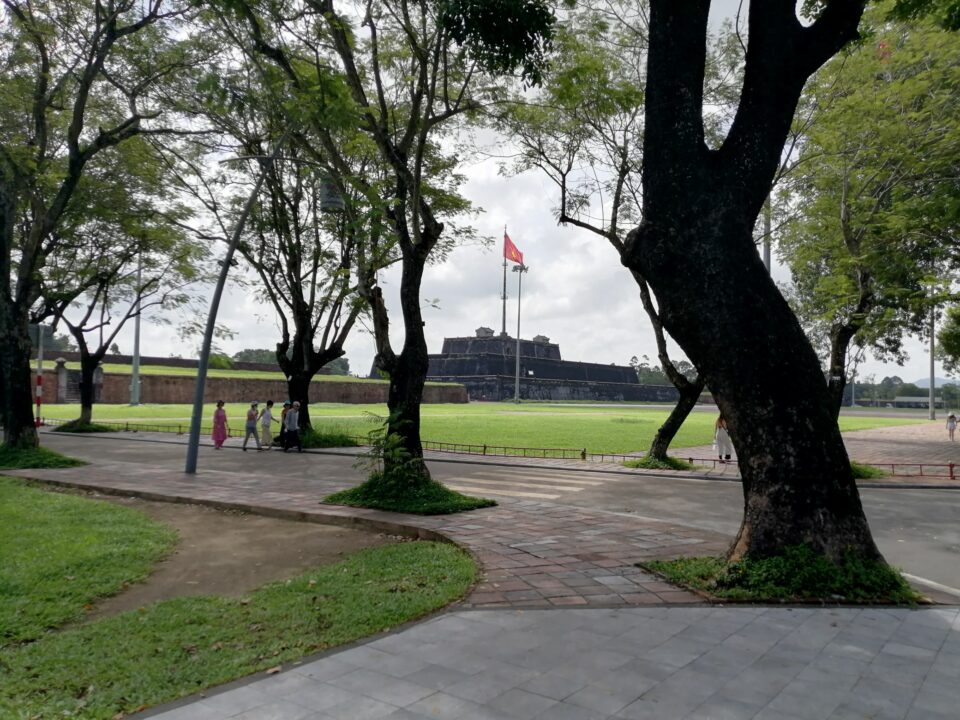
I really didn’t want to listen to Walter, I wanted to find Barbie’s shoes instead, which I think our dog devoured. But my dad would insist, lighting another Kent cigarette. “This is history. It’s the Vietnam War.
Or, as they call it in Vietnam these days, Kháng chiến chống Mỹ (Resistance War against America).
So this Veteran’s Day, since I’m already in Vietnam, I thought I’d trek to Huế, Vietnam, (pronounced huhWAY), the place where one of the deadliest battles of the war happened. It began on January 1968, the beginning of the Tet Offensive. This bloody, twenty-six day battle in Huế ignited Americans changing their opinion on the war.
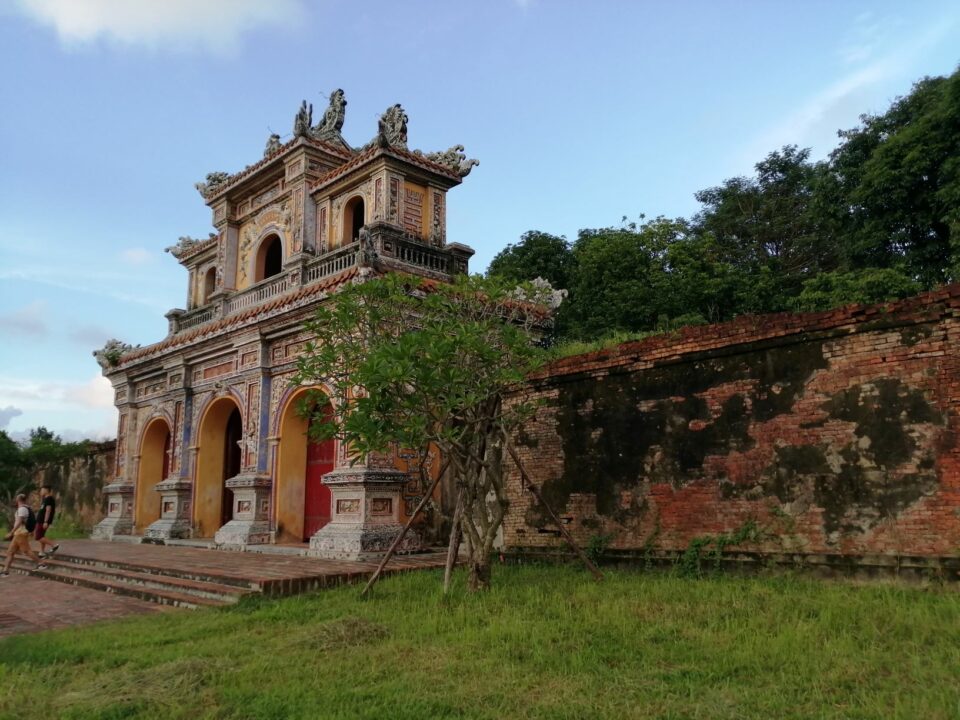
But Veteran’s Day isn’t celebrated in Asia. In China, November 11th is known as 11-11, or Singles Day, the four “single ones” commemorating those who are not married. This is their biggest shopping day of the year. In the West, Veterans Day got its root as Armistice Day, when World War One formally ended at the 11th hour of the 11th day of the 11th month in 1918.
So, I didn’t know what I expected in Huế. Would I find a sale on shoes or parades commemorating those who survived the war?
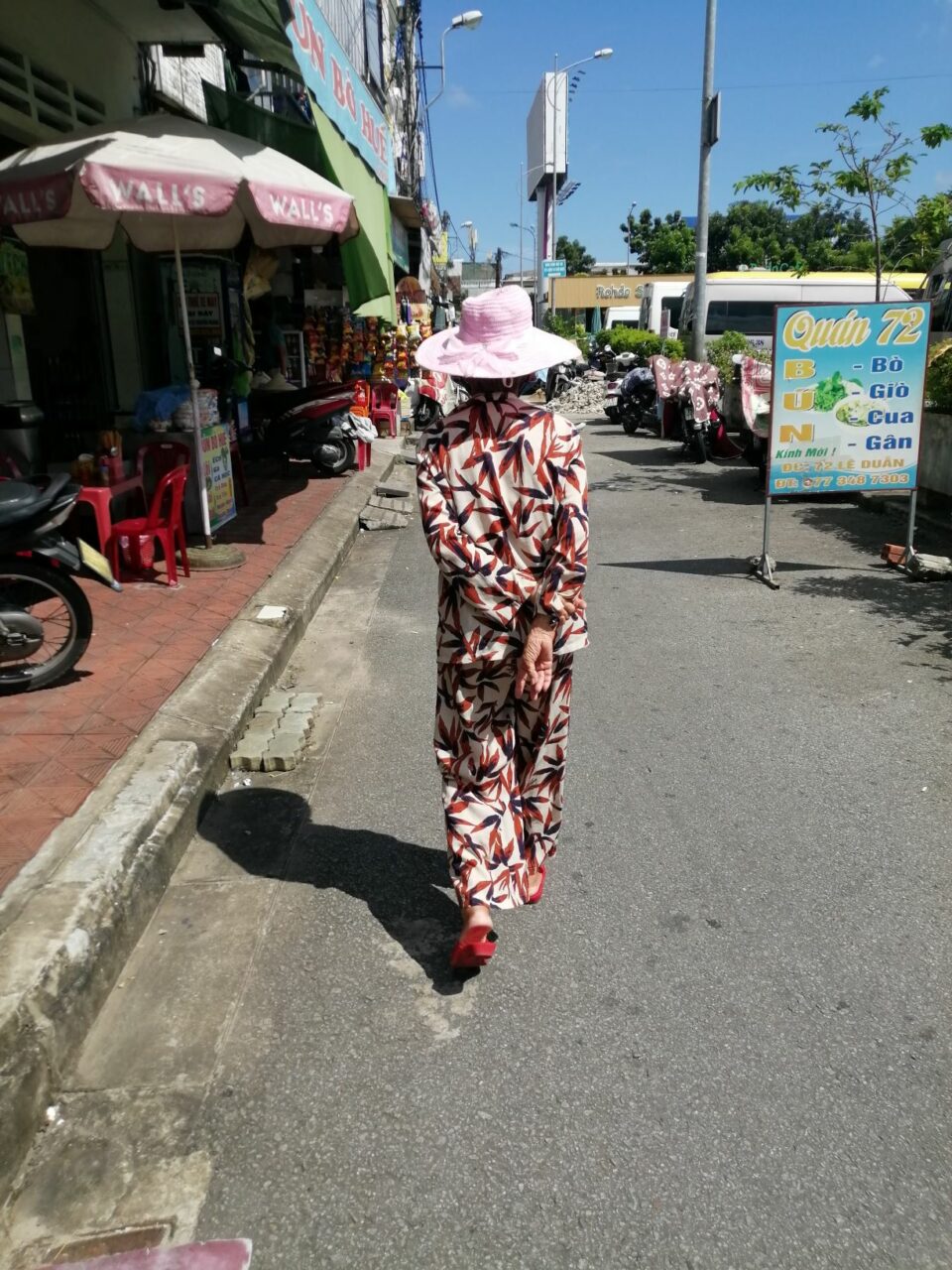
Now, it wasn’t like when I went to Wuhan and was disappointed that they didn’t sell T-shirts that read, “This is the home of Covid 19”, but I did expect something in Huế. A nod to the lives that were lost, not just Americans, but to so many Vietnamese, both civilians and fighters.
But I didn’t expect nothing, the ugly pages ripped out of this history book.
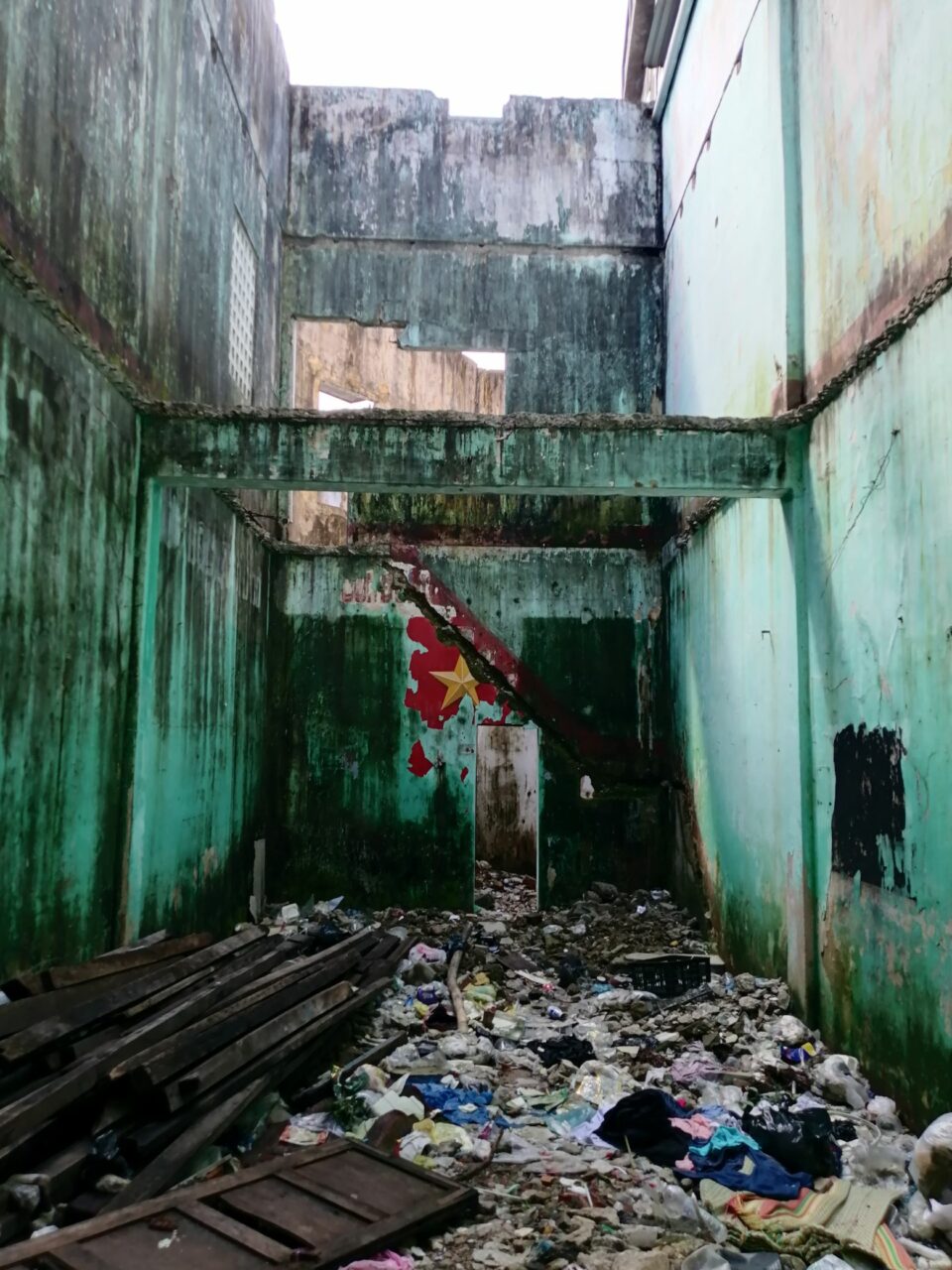
I purchased a ticket to tour the Citadel, it being a restored UNESCO world heritage site hoping to learn more. I rented one of those recorder things that dangled around my neck, super sticky as the heat the that was enough to toast the Pillsbury Dough Boy. I didn’t hear Walter’s gravel through the earphones, honoring all of the lives lost, every soldier from every side and every civilian. Instead, it was a recorded sanitized script, glossing over 1968 as if it never happened, focusing on the reconstruction of the monuments stead.
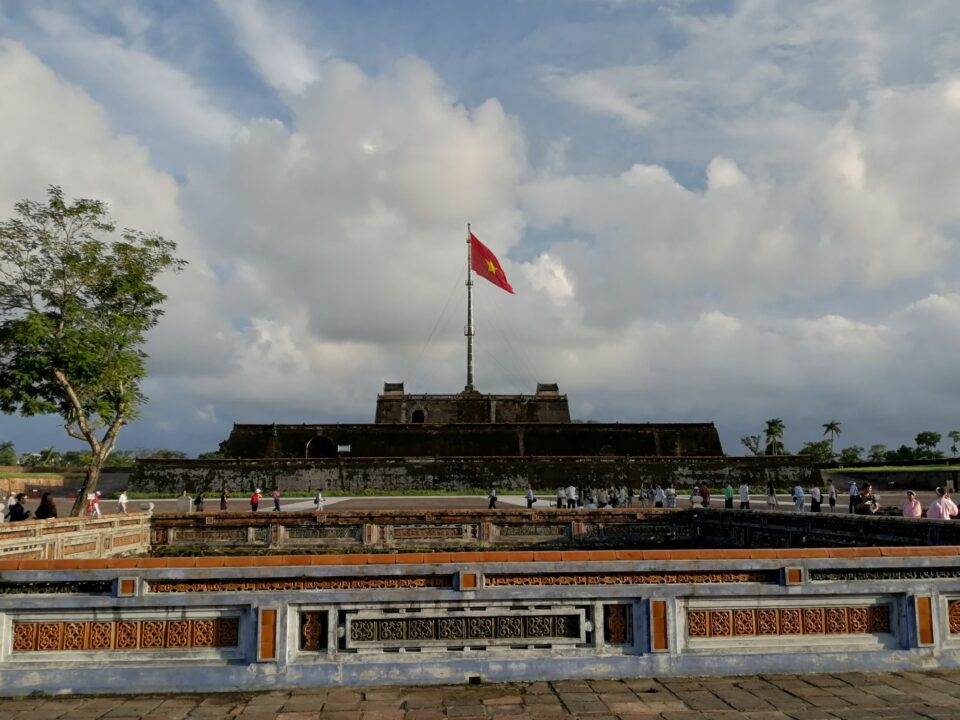
Despite chaotic or hostile periods in Vietnam, these temples till retain the historical, cultural and architectural value, thanks to a donation from this such and such country in 2009….
There was no “And that’s the way it was”. Instead, it was all, “And that’s the way it was rebuilt.”
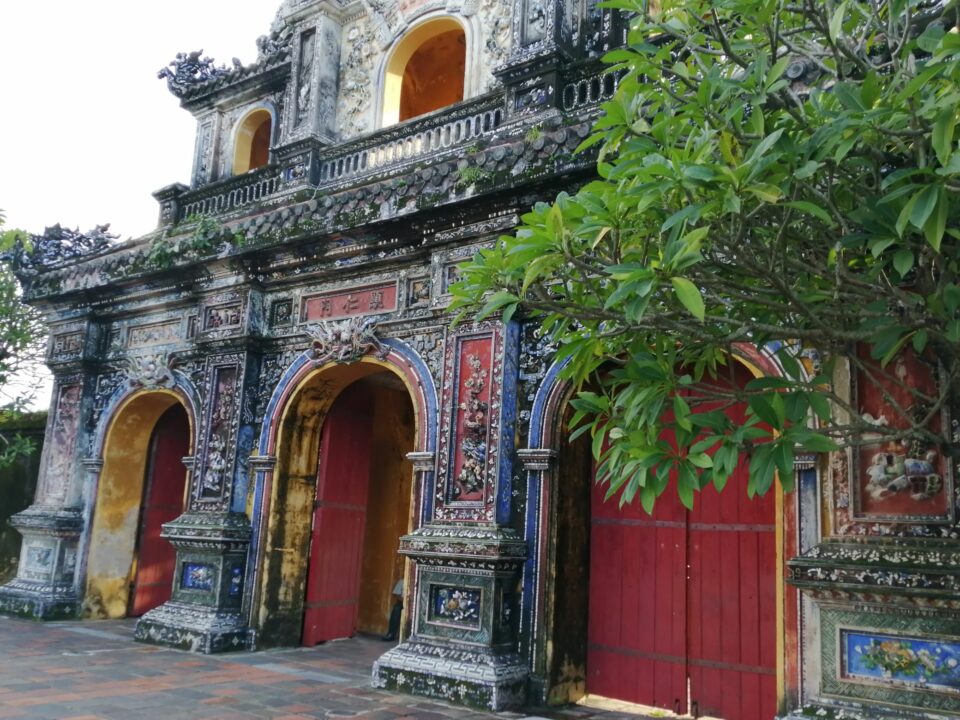
What is the Citadel?
It was the backdrop of so many photos in 1968, a massive ancient fortress, the size being as hard to capture in a photo as the Himalayas. In the black and white photos I remember from Life magazine, the earthen were walls crumbling, the red flag waving, the photos featuring boys with wide-eyed stares wondering, What am I doing here?
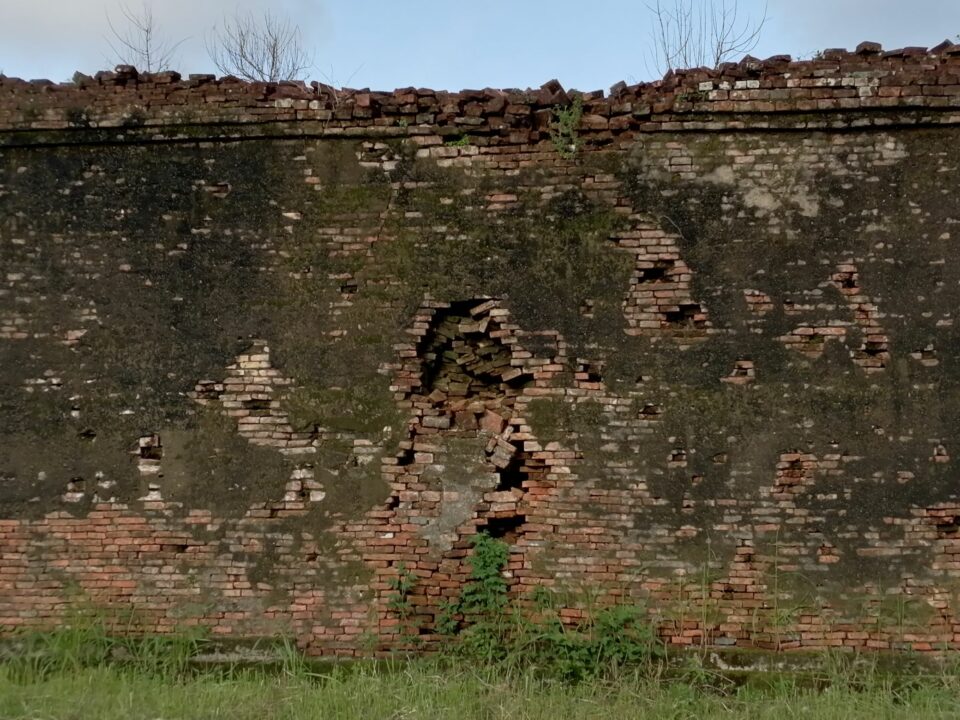
Lyrics inspired by the conflict played in my head such as the Animals, We Got to Get Out of This Place, or Fortunate Son by Creedence Clearwater Revival. And a line from The Door’s Unknown Soldier:
“Bullet strikes the helmet’s head“
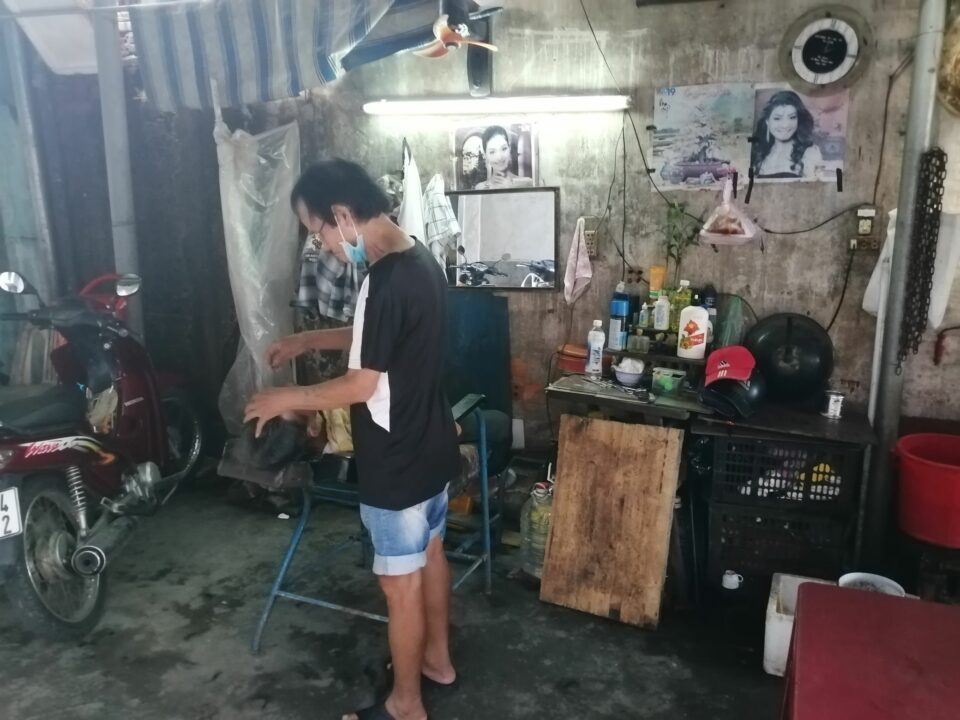
So I left the Citadel, placing my earphones in the drobox, wondering why they treated the past as if it were a huge Etch-A-Sketch, erasing all evidence this battle. Are these the same folks who also don’t believe Neil Armstrong landed on the moon a year later?
Hungry for more, did a little research with my fingertips. I learned more about the battle of Huế from an inebriated Anthony Bourdain on an old episode of Parts Unknown, than I did visiting major battle sites such as the Citadel.
I felt bad for veterans who came to Huế with their wives. Not that they wanted to relive their past, but to validate it. This is where it happened. This is where my youth was lost, where I turned from a boy to a prisoner tormented with memories for the rest of my life.
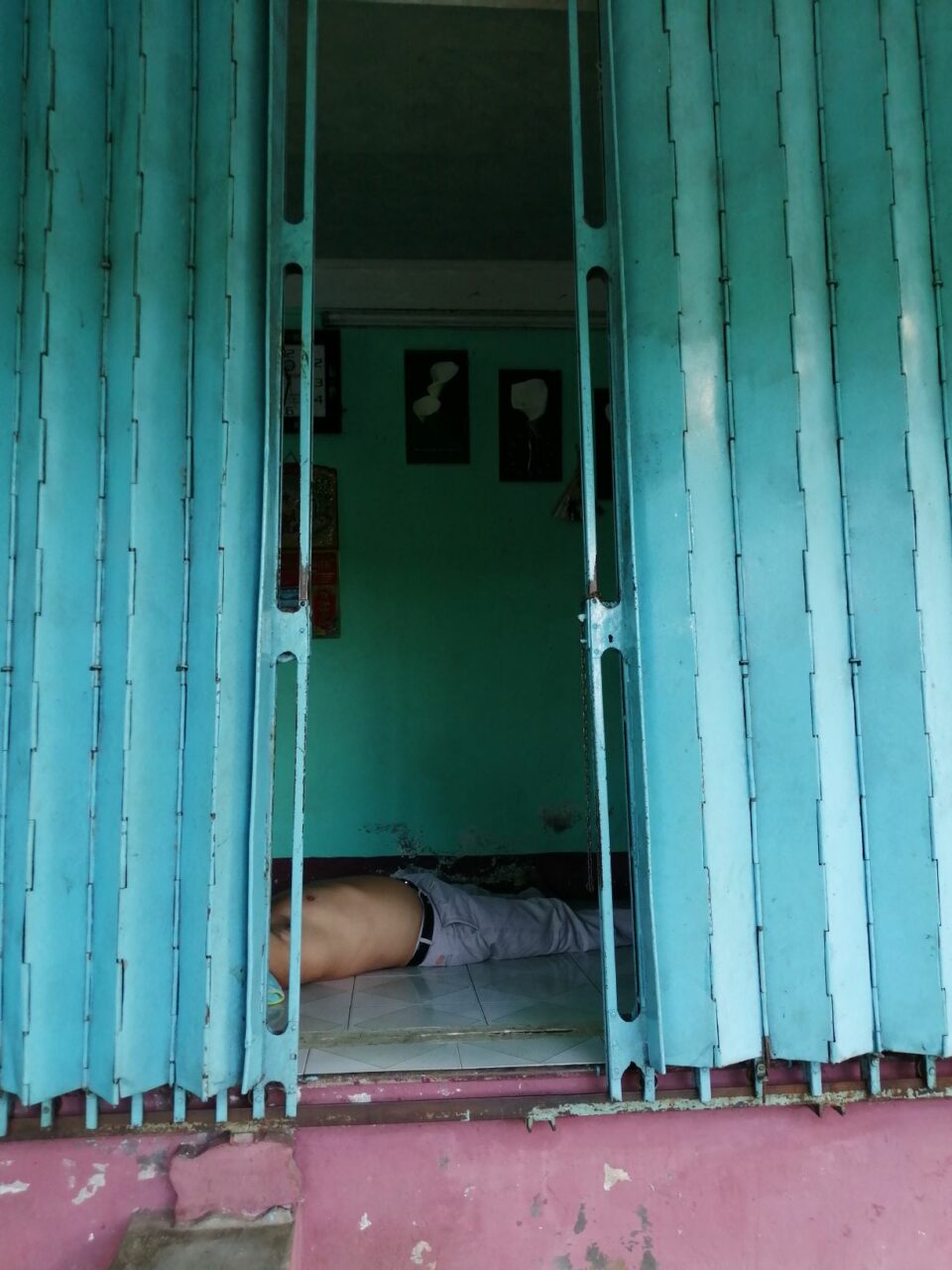
But maybe Vietnam is trying to remember the war in a different way than the Americans. They say hello in different way, sit in different way, drive in a different way. Maybe this is what allows them to treat American tourists uh… indifferently. Ya know, with compassion and smiles, not spit in the face.
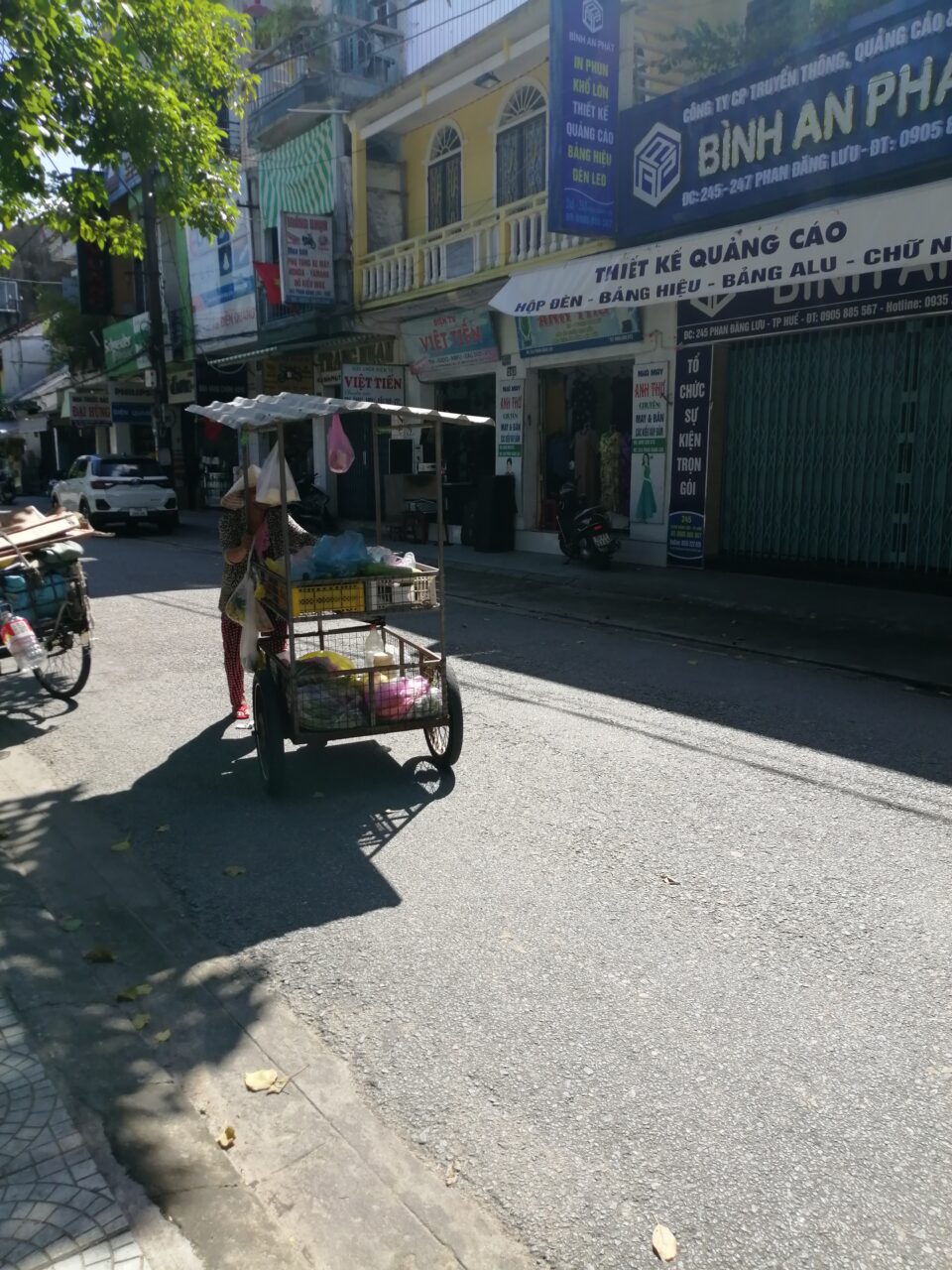
So, I wandered around in areas in Huế not found on Lonely Planet, hoping to find something that would honor the forgotten.
And I think I maybe I did.
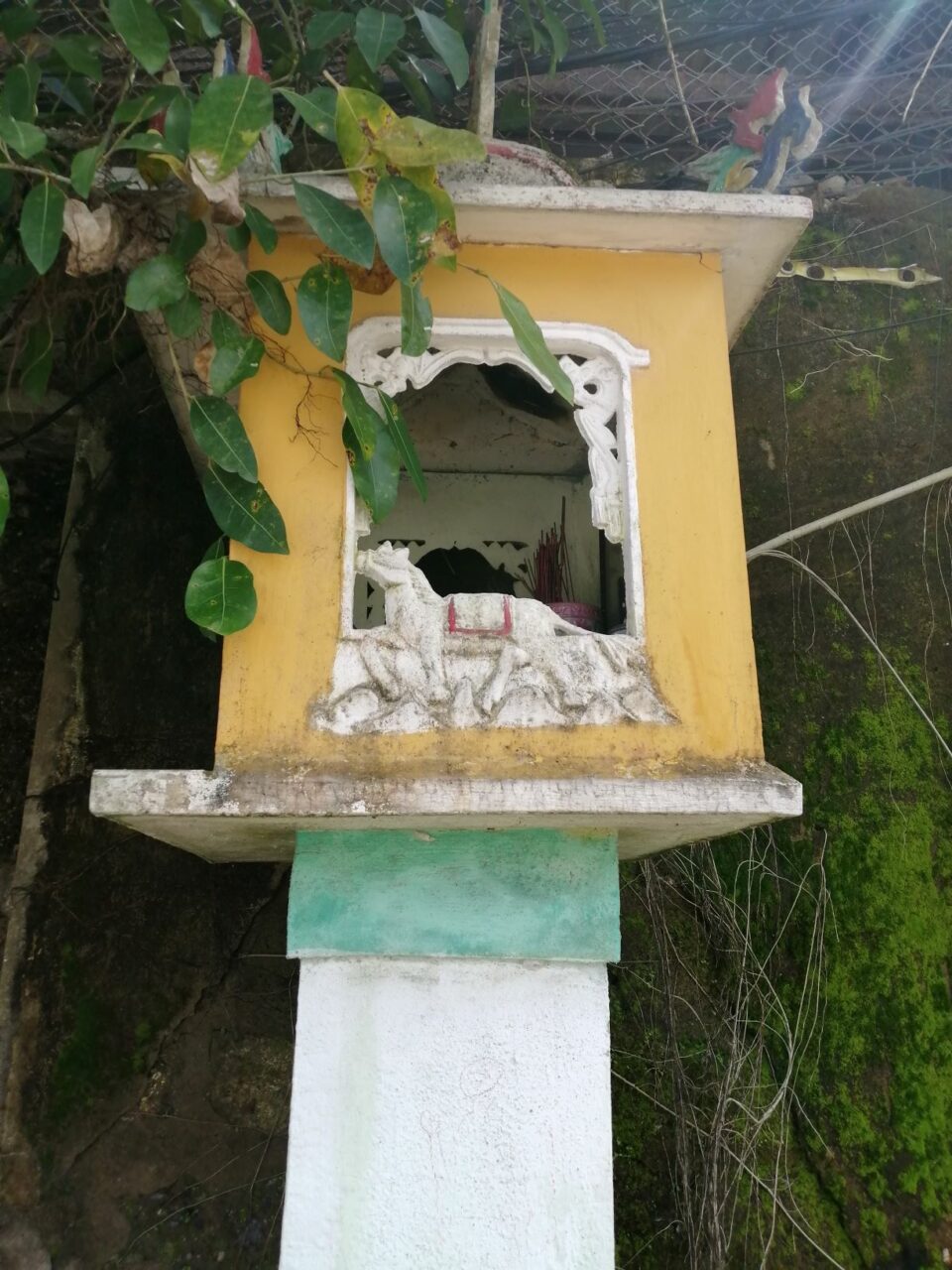
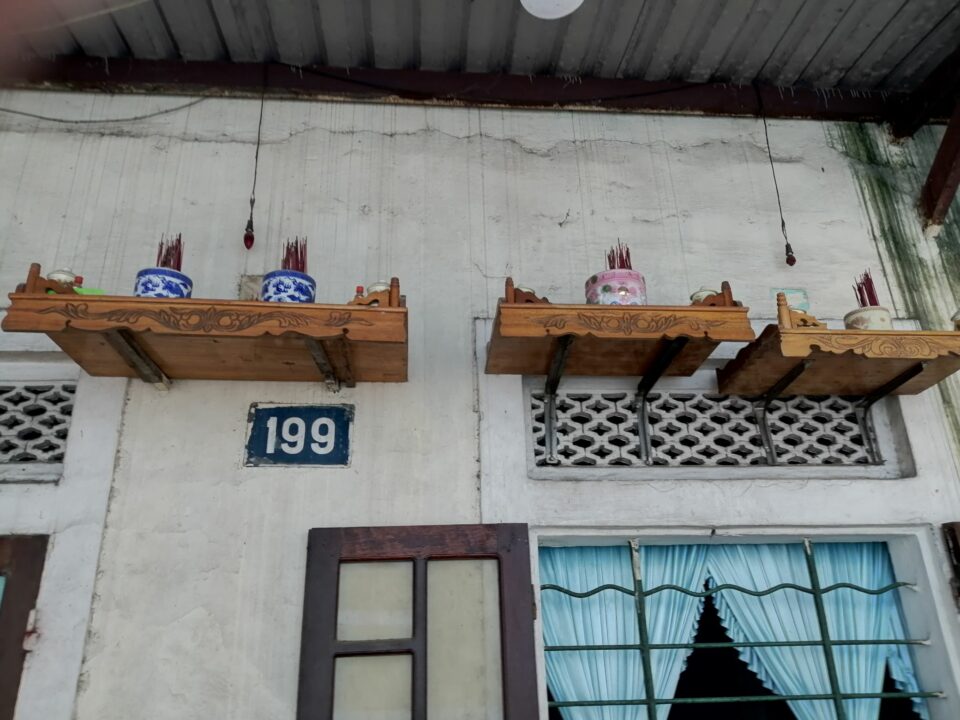
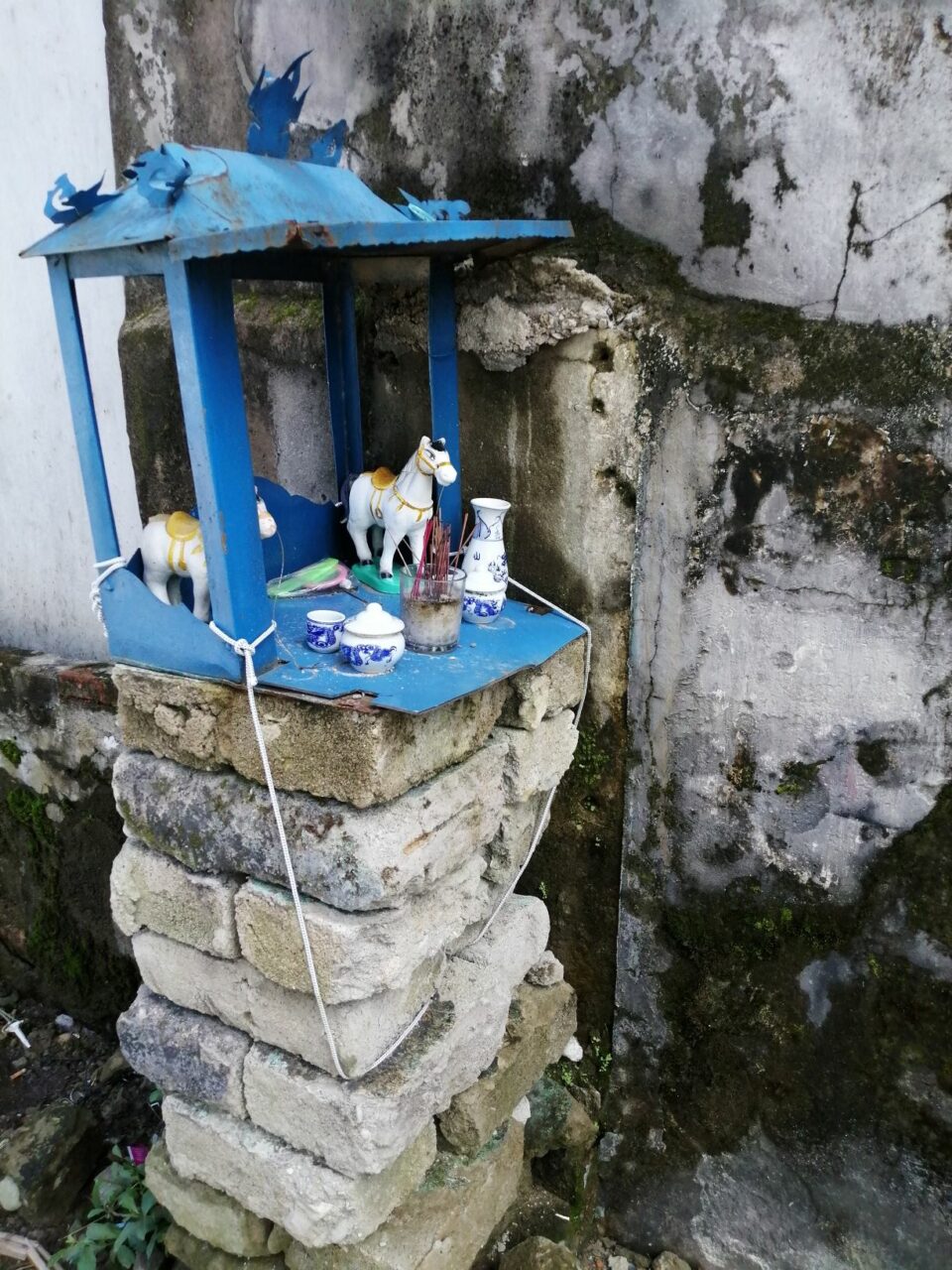
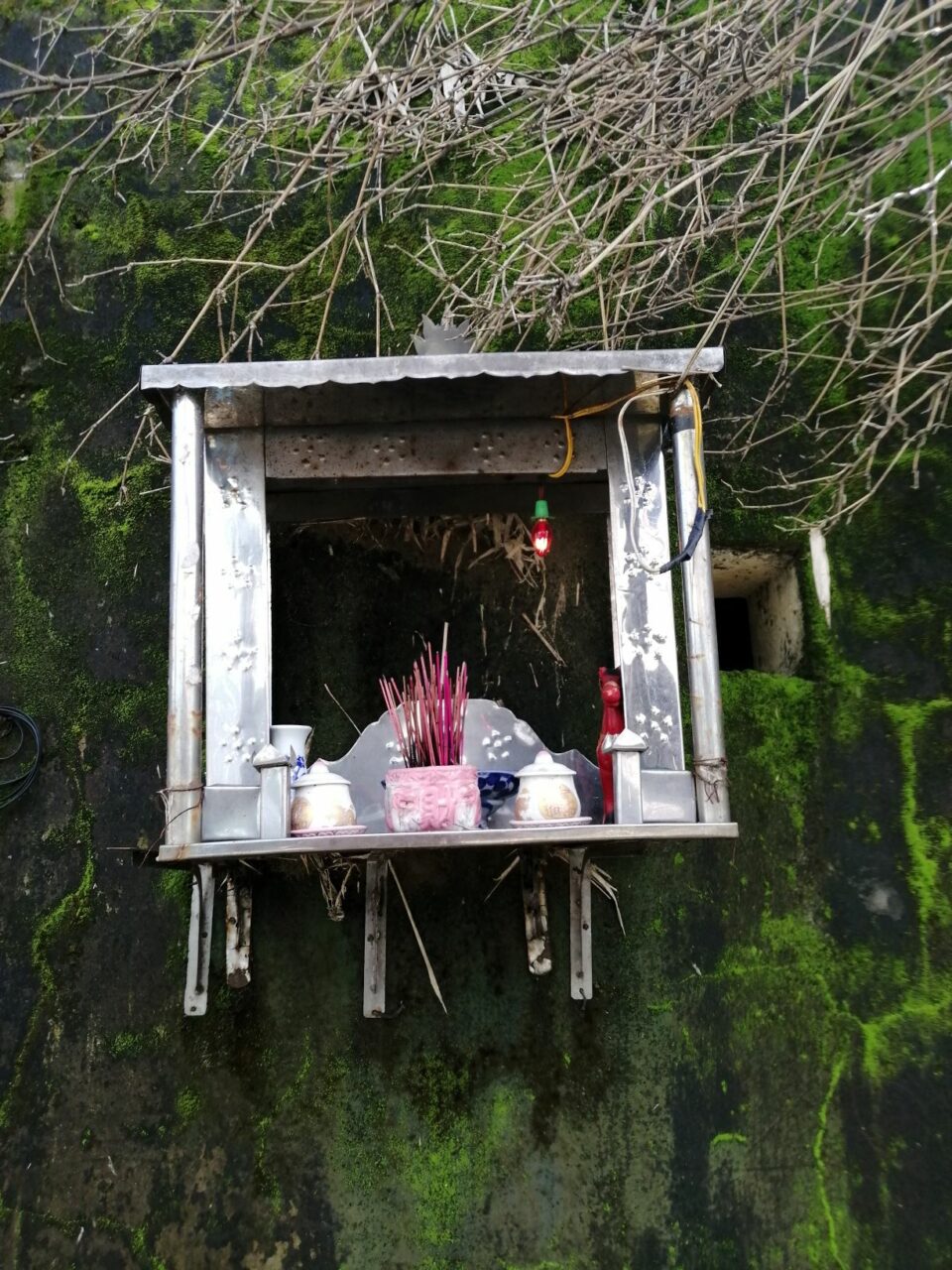
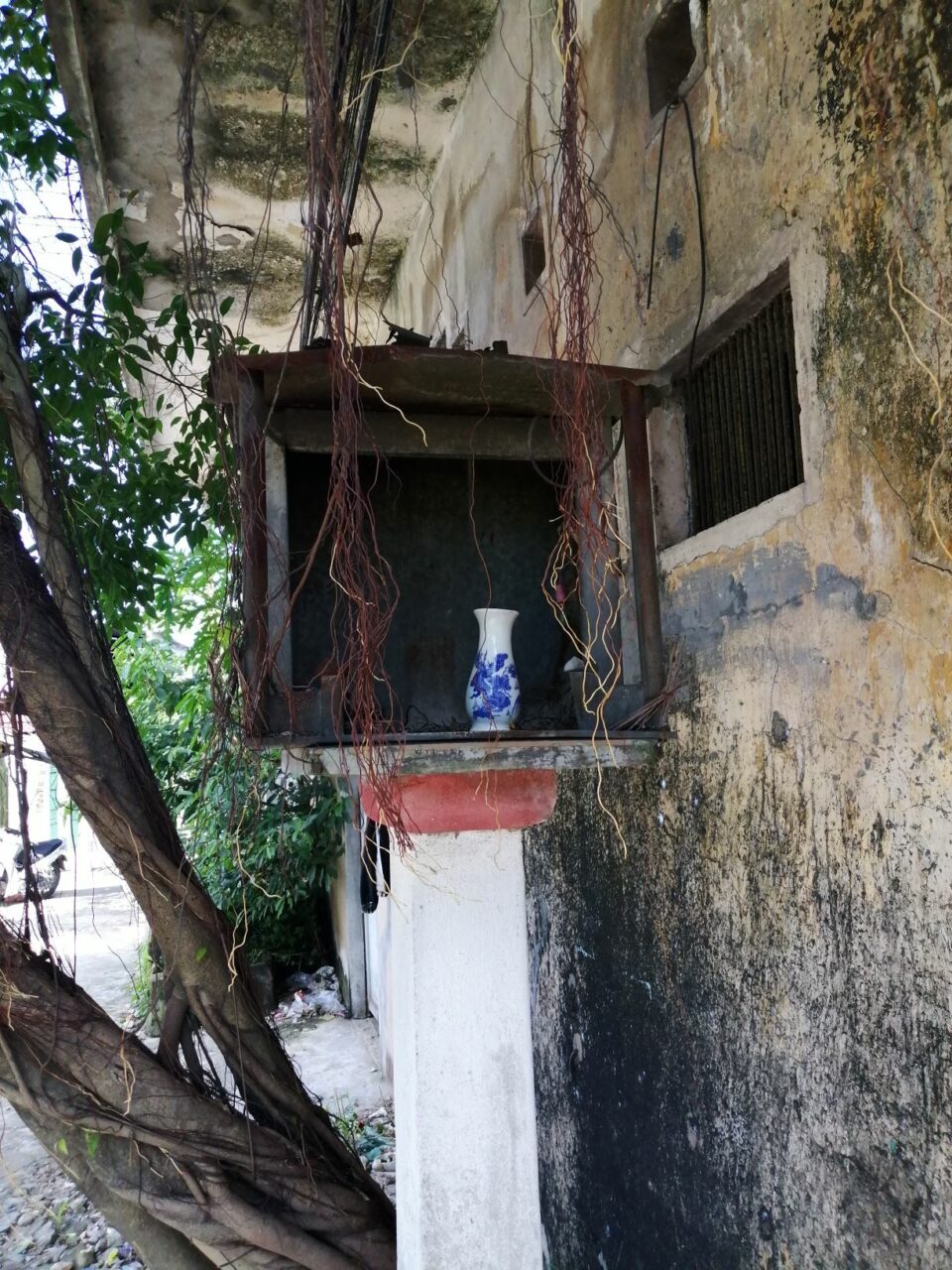
There were spirit houses everywhere, small structures created to appease ghosts and spirits, guarded with wooden animals, filled gifts of incense, beer and often cigarettes. My mind overlayed the black and white photos of shell-shocked marines in blood-stained fatigues, tanks rumbling down streets; my ears hearing the blasting of guns instead of the putting of e-bikes. Maybe this is how they remember the war and pray for the wandering spirits who never made it home.
Maybe. Or at least, I hope.
Unlike people, trees do remember. This one seems to have skulls, their eyes sunken with sorrow.
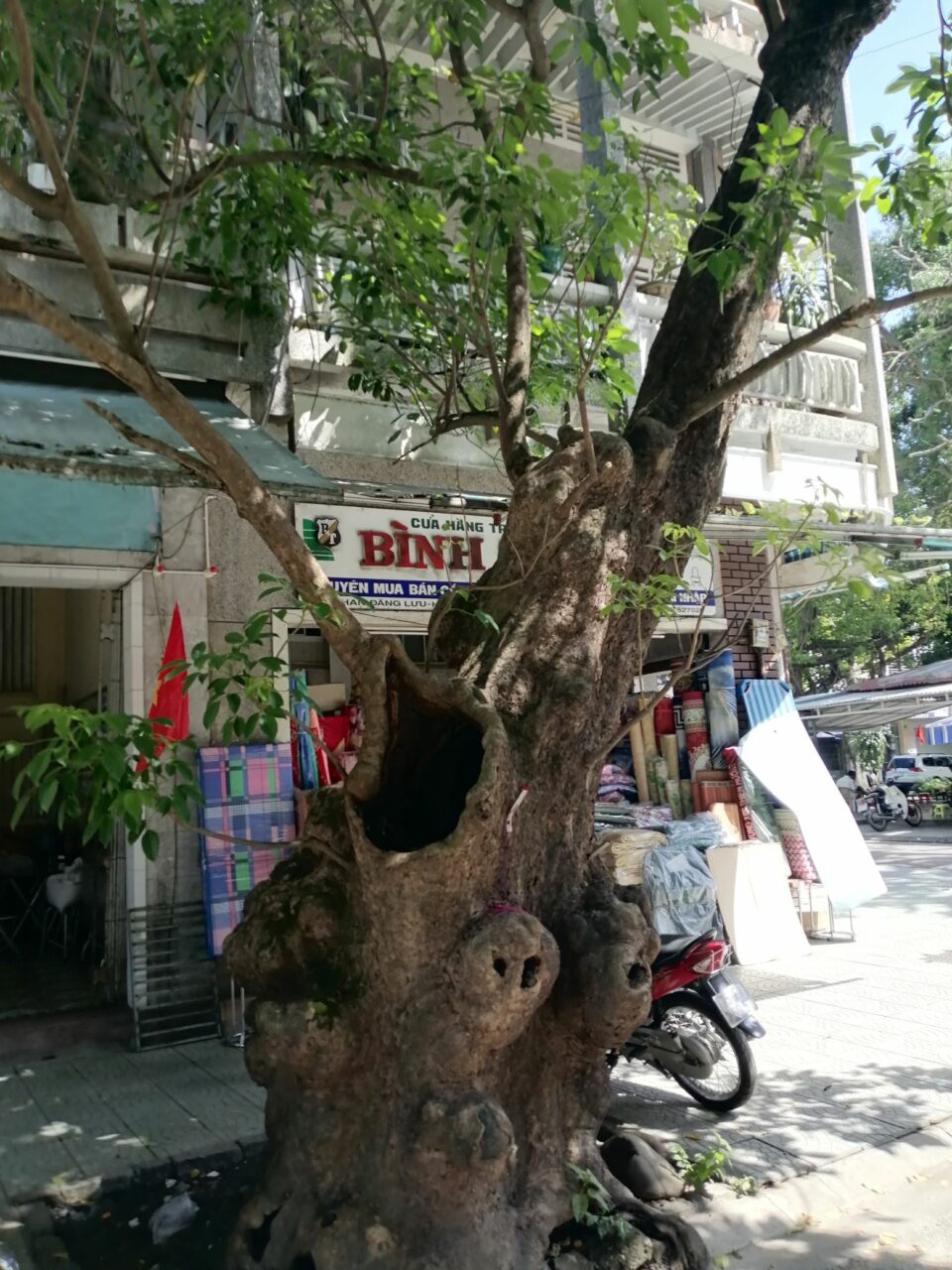
My curiosity not being quenched, I continued to google Huế, and found a few good articles to fill in the missing dots. One was Revisiting Vietnam 50 Years After the Tet Offensive | History| Smithsonian Magazine. The author of this article, Nguyen Qui Duc now lived in Huế, during the battle, now lives in Hanoi, where he owns a bar. I’ll think I’ll pay him a visit next week.
War sucks. There are no winners. Just body bags, weeping mothers, and ghosts that haunt the dreams of veterans at night. There is still a tinge of napalm in the local honey, even though you’d never know it by looking around this city.
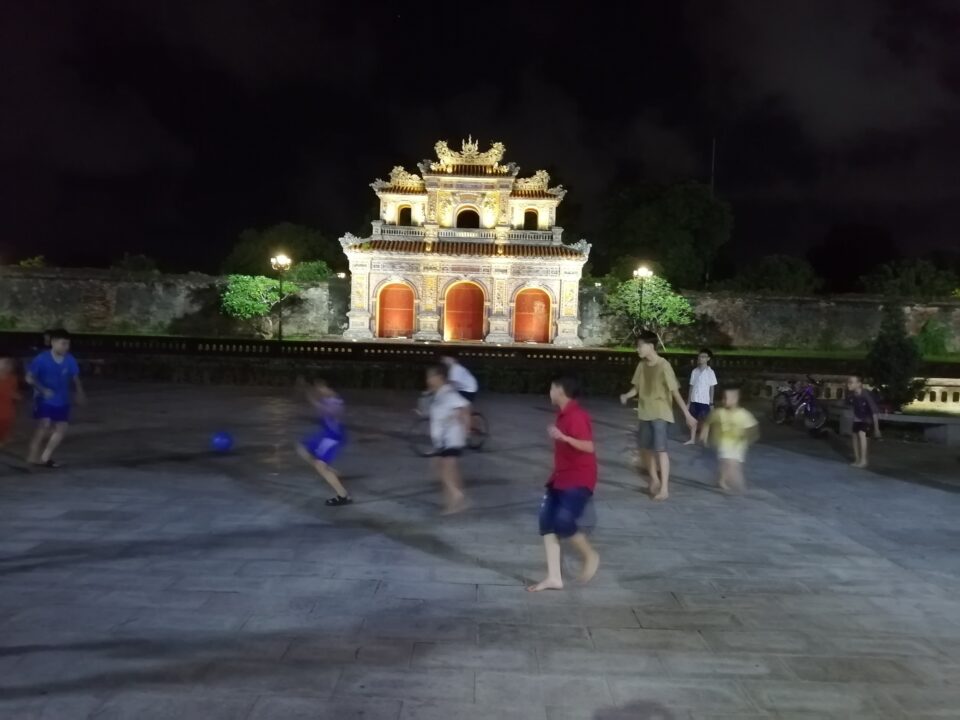
While it’s important to learn from history as to not repeat it, it’s all important to learn to forgive even if that means you have to forget. That way, tomorrow be a brighter day, when kids will ride away with their dreams, not return home in body bags.
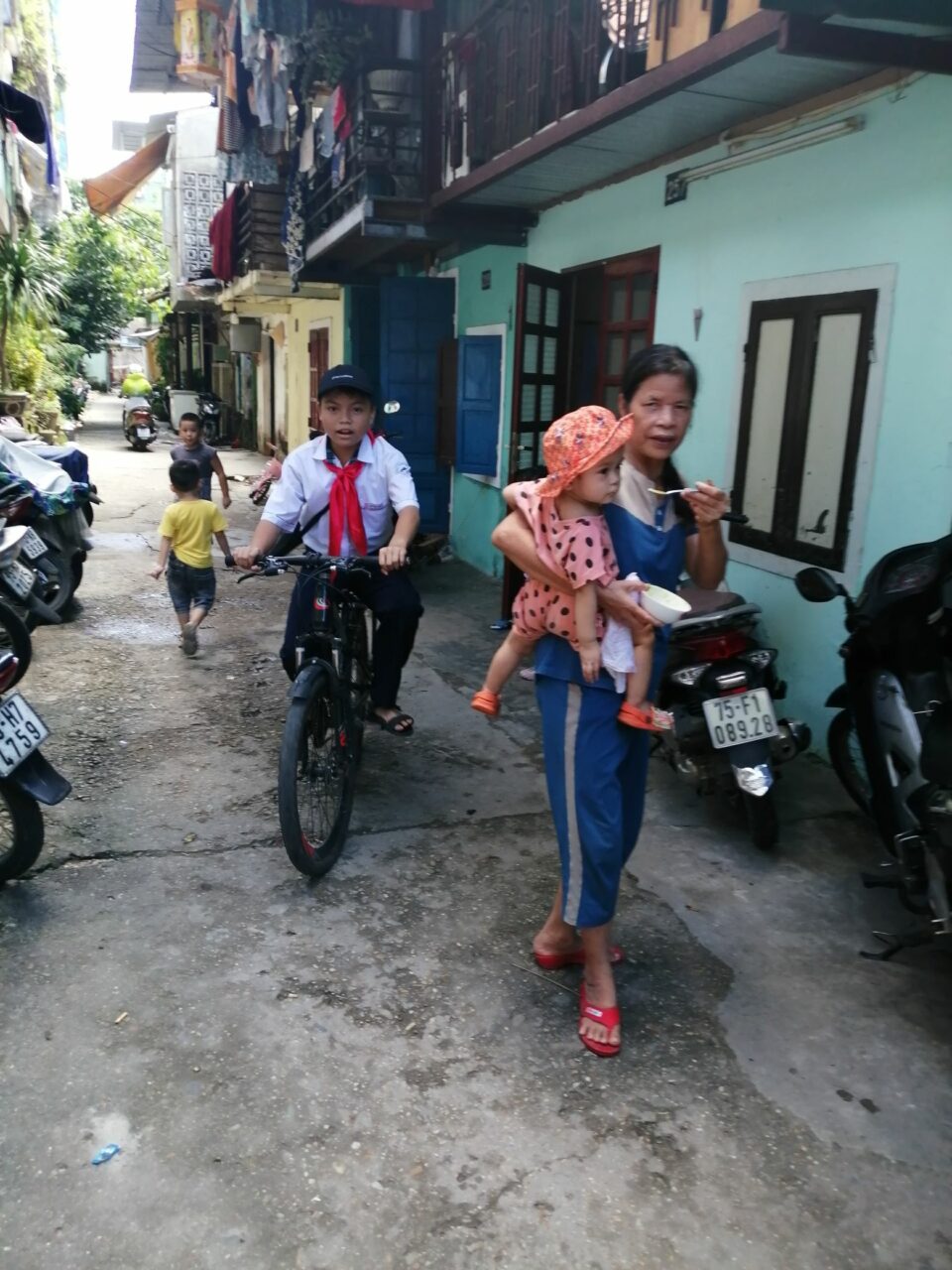
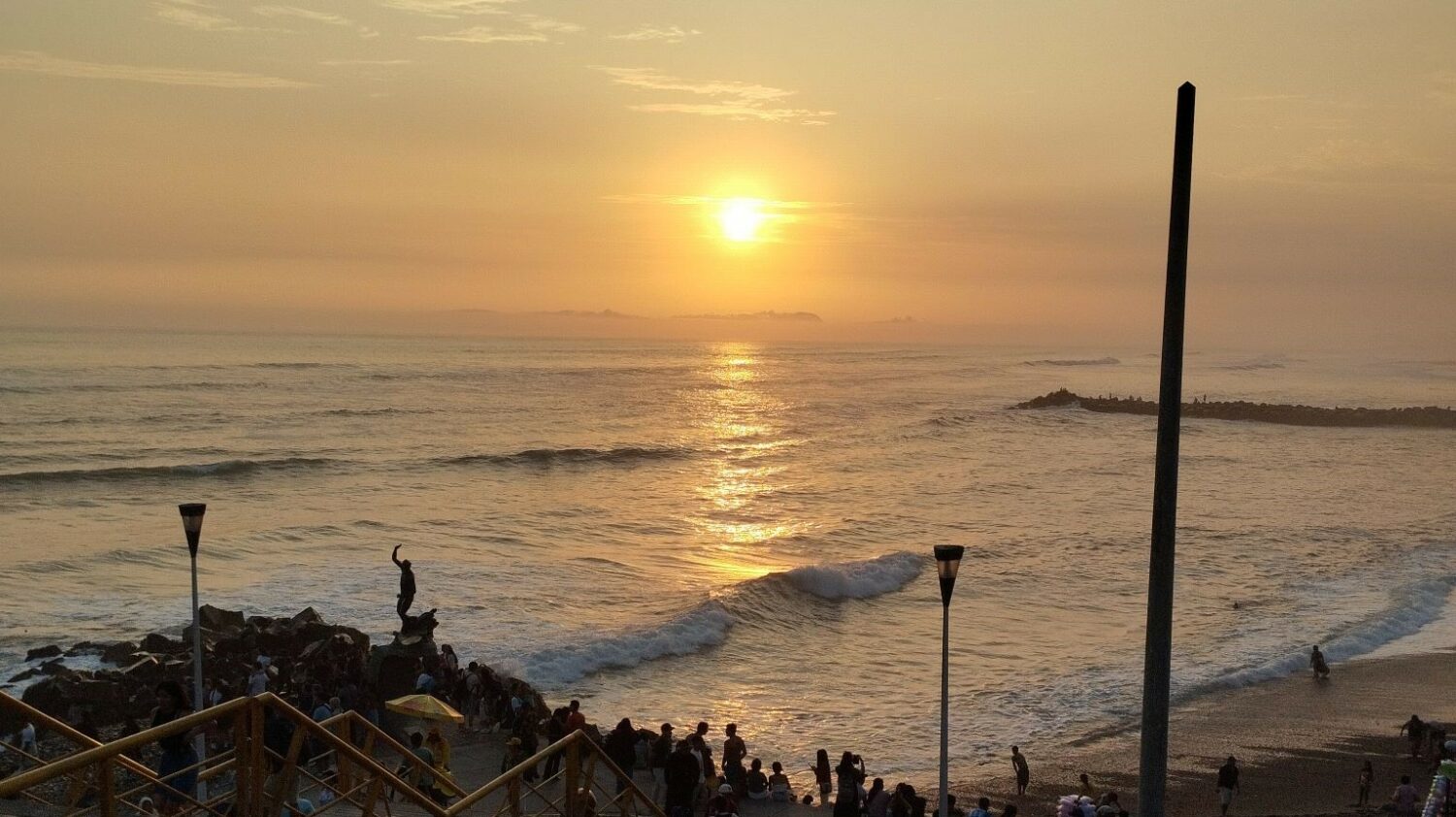
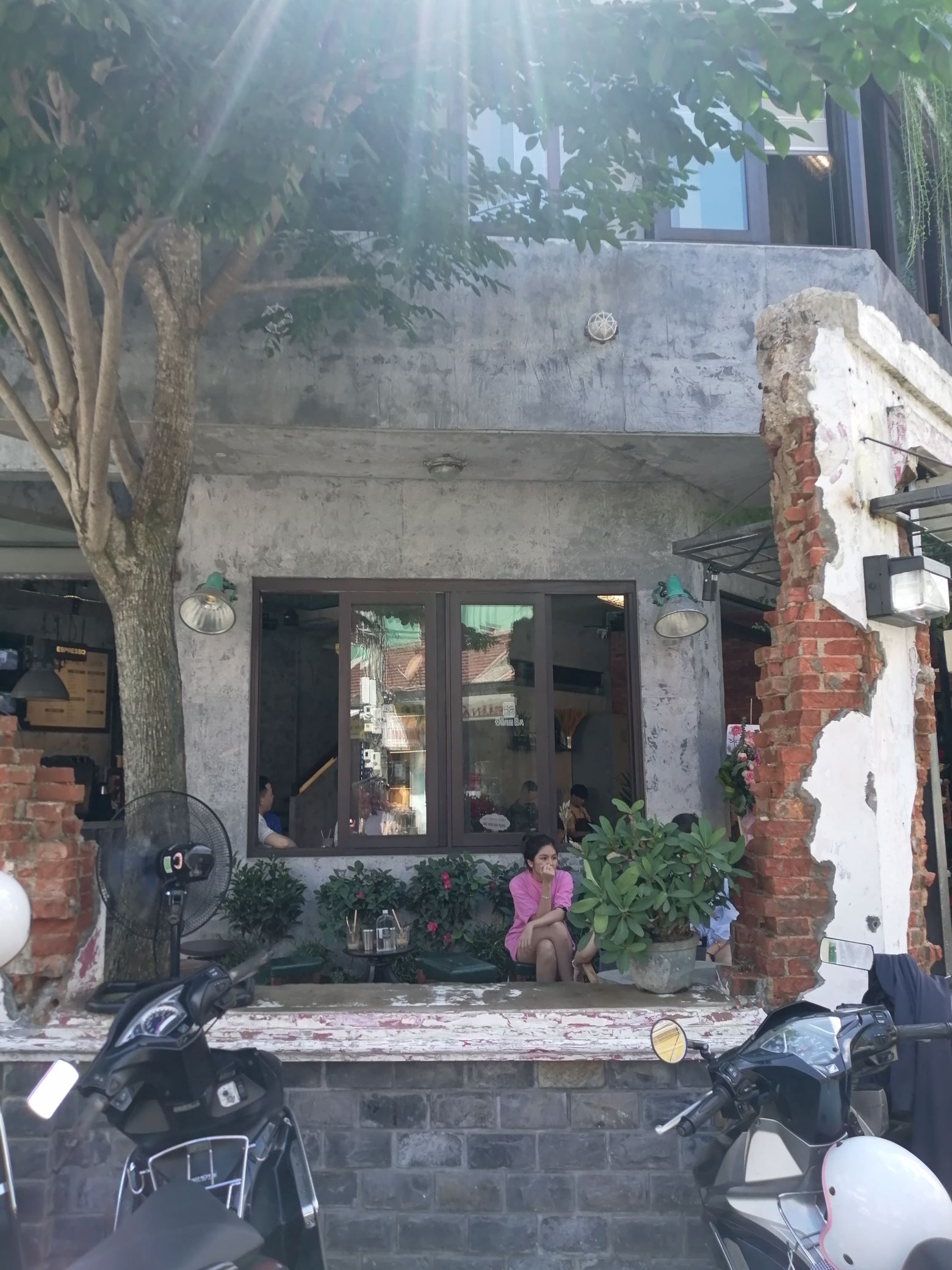
Meaningful. And so well written!
Can not wait what the visit will be like with you and Nguyen Qui Duc.Yes,tomorrow will be greater when kids ride away with dreams,not return home with body bags,hope human being learn lesson from this and many other bloody battles and wars.